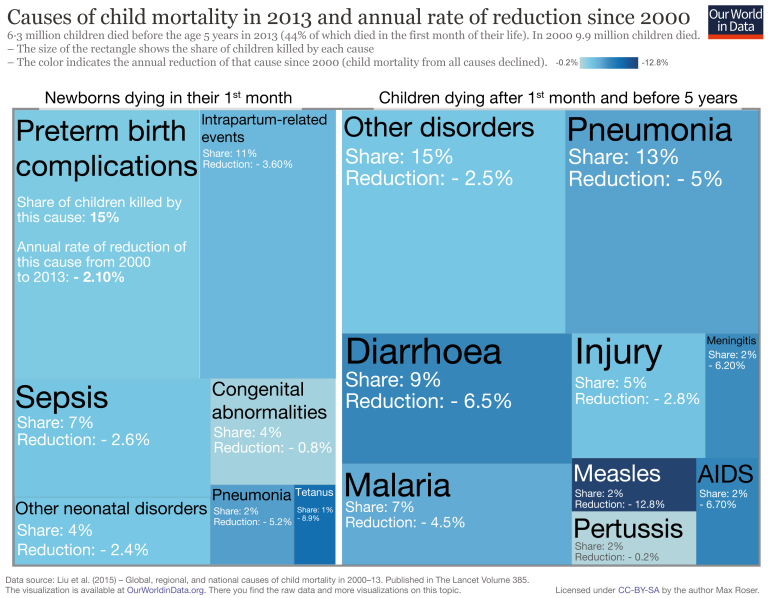For any expectant parent, a premature birth is one of the greatest fears during pregnancy. Globally there are more than 15 million premature births every year, and around 10% of these result in the death of the baby. That’s the equivalent of one premature baby dying every 30 seconds.
These tragedies are not confined to developing countries. In the US, for example, the rate of preterm births stood at 9.8% in 2016, which is within a 12 percentage point range of pre-term birth rates in developing nations such as Brazil, India, and Nigeria.
Regardless of the medical care available to a pregnant mother, the difficulty in preventing premature births lies in the ability to identify ‘early’ whether a mother may be at risk.
Currently, factors such as family history, age, lifestyle and medical conditions such as urinary tract infections are all taken into account when assessing a mother’s risk of giving birth prematurely.
But given the relative lack of success in bringing down pre-term delivery rates across the globe, medical researchers have been investigating more accurate ways of predicting premature births.
Enter the microbiome.

Unlocking microbiomes with algorithms
Microbiome is the name given to all the genes in the bacteria, viruses, fungi and other microbes found both inside and outside the body.
Recent research has hailed the gut microbiome as a key indicator of health outcomes. In simplistic terms, the greater the diversity of a person’s gut microbiome (i,e, the more ‘types’ of bacteria you have), the less likely you are to experience health problems.
At the same time, the ability to decode microbiomes has advanced rapidly thanks to increased computing power and cloud-based platforms. These are capable of analysing the vast quantities of DNA data found in the microbiome.
Tata Consultancy Services Research chief scientist Dr. Sharmila Mande and her team have for the past 10 years been exploring microbiome datasets and developing algorithms that can help crunch the data to tackle real-world problems.
One of their earliest successes came while examining the gut health of malnourished children in India.
“The exciting part is when we actually applied all our algorithms for analysing data corresponding to a real-world problem,” she says.
“We showed that there is a link between the nutritional status of the child and the kind of microbial communities that are there in their gut. So this led to the idea that certain kinds of food supplements could be used to improve their health. We are now working on studying the effect of certain foods to see if we can improve the physical health of the malnourished children by improving the community structures in their gut.”
Dr Mande now hopes that the same kind of real-world application will take place in preventing premature births.

Preventing premature births
Dr Mande and her team have researched and developed an algorithm that can predict the likelihood of a premature birth by assessing the microbiome diversity of women in their early stages of pregnancy.
They analysed data taken from 1,621 publicly available vaginal microbiomes, sampled from 303 pregnant women in the US and China, and identified certain diversity patterns consistent with pre-term delivery.
This analysis was done using a novel algorithm developed by Dr Mande and her team, which they have dubbed the Taxonomical Composition Skew (TCS).
In over 1,000 cross-validation tests of the microbiome data using the TCS algorithm, Dr Mande and her team were able to predict with more than 95% accuracy the likelihood of a woman carrying to full term or delivering prematurely.
What is more interesting is that, this high level of accuracy showed up in ‘first-trimester’ samples i.e. predictions were most accurate with samples taken in the first trimester.
Changes in the mother’s body later in the pregnancy made it more difficult to predict whether they would carry to full term.
Dr Mande says being able to predict a pre-term delivery so early on in the pregnancy will help at-risk mothers get appropriate treatment/ management they need as early as possible.
“This is the most satisfying project I have worked on because at the end of 10 years of working on algorithm development, analysing real-world datasets and coming up with the microbiome markers, this finding in particular has the potential to prevent a lot of deaths,” says Dr Mande.
“Preterm deliveries can be avoided with this. I am very excited when I see that our research has a real impact on human health. A lot of lives will be able to be saved in a very cost-effective way.”


